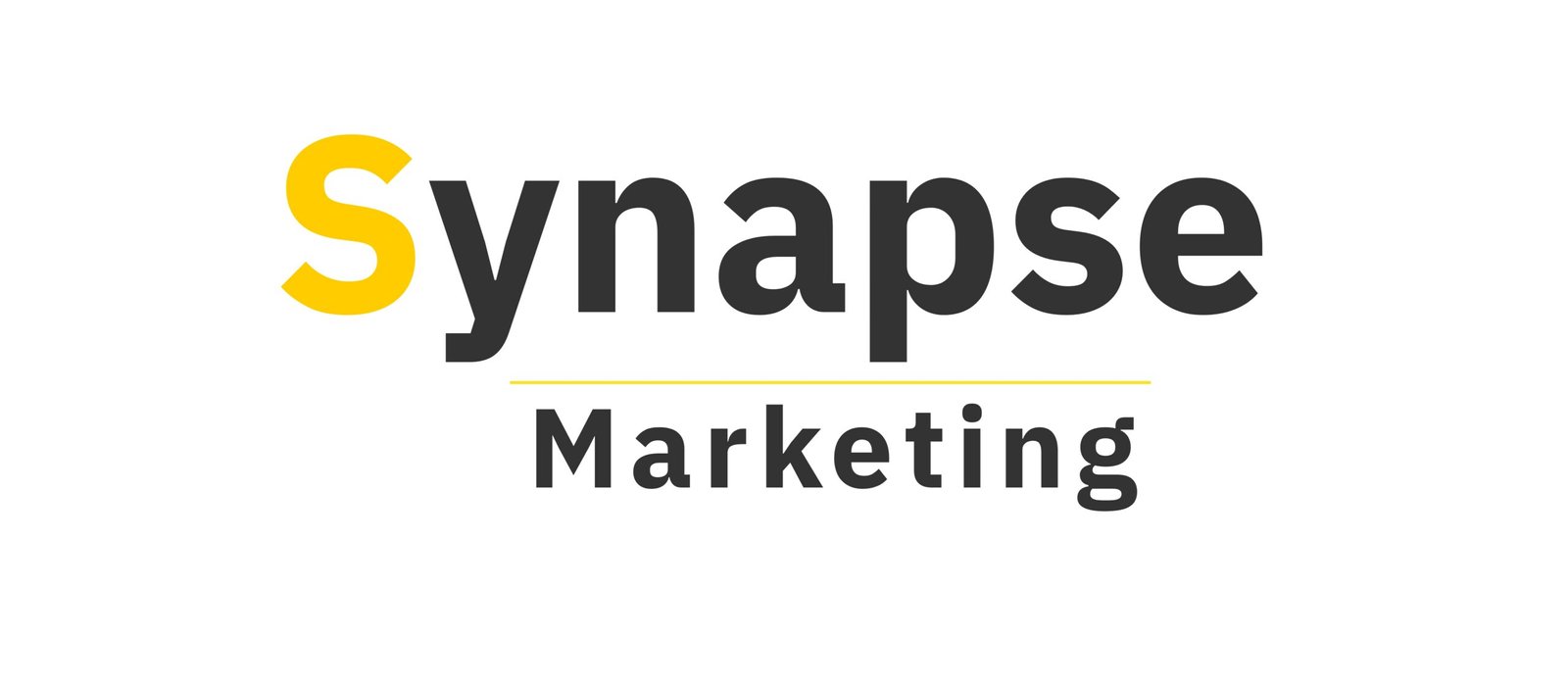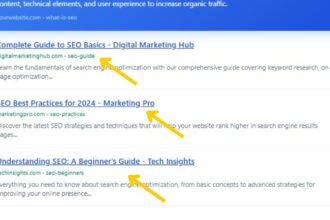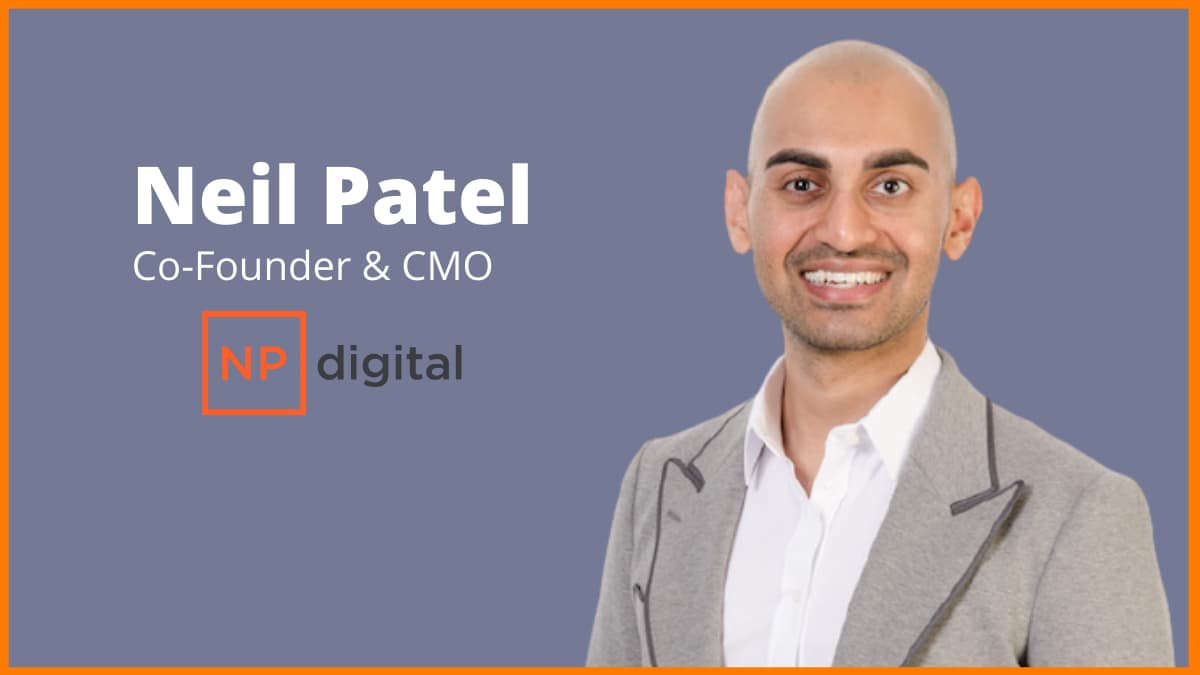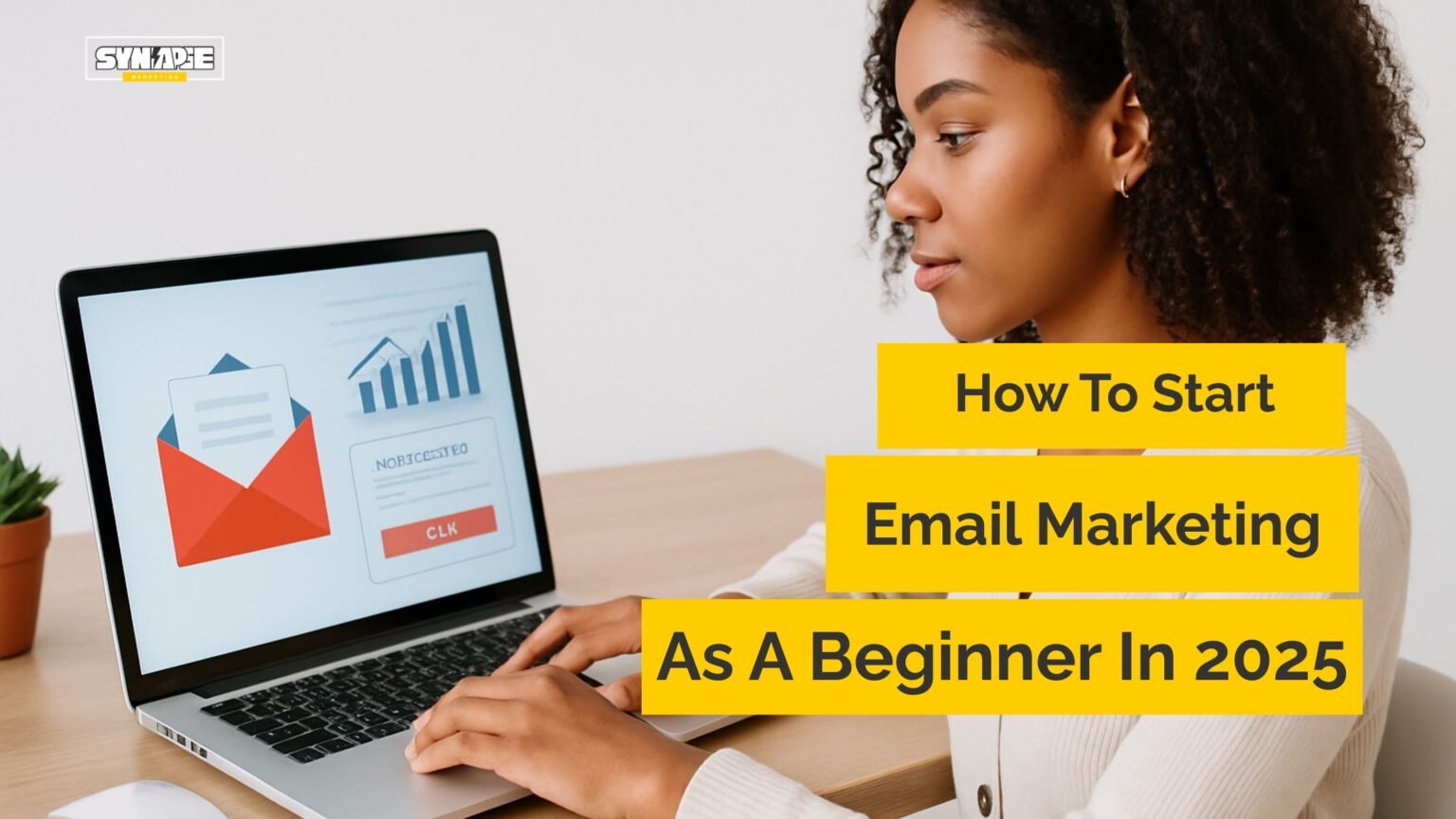If you’re still thinking about Google’s front page as the pinnacle of digital visibility, it’s time to update your playbook. In 2025, answer engines—not just search engines—are reshaping how people discover content, brands, and solutions online. Tools like ChatGPT, Gemini, and Perplexity are now trusted sources for recommendations, answers, and product suggestions. In fact, 63% of users say they trust AI platforms like these over traditional search engines for finding reliable recommendations (Spekit, 2024).
That’s not just a trend—it’s a tectonic shift.
The rise of AI recommendations means your content isn’t just competing for keywords anymore, it’s competing for relevance in the conversations AI tools are having with millions of users daily. These large language models (LLMs) analyze billions of data points to deliver what they deem the most useful, authoritative, and trustworthy answers. And whether it’s a product mention, a blog link, or a quote from your site, getting recommended by AI & LLMs drives more than just clicks—it builds brand visibility, credibility, and long-term authority.
From SEO to Answer Engine Optimization (AEO)
Traditional SEO is still crucial, but it’s evolving. Answer Engine Optimization (AEO) focuses specifically on how to position your content so it gets surfaced in AI-generated answers, summaries, and suggestions. This isn’t about stuffing keywords; it’s about aligning with semantic search, user intent, and the patterns AI models prioritize—things like context relevance, trust signals, and authoritative sources.
Simply put:
If you want your content and brand recommended by AI & LLMs, you need to understand how these systems think, select, and surface information. Doing so puts you ahead of the curve while others are still optimizing meta tags alone.
In this publication, I’ll show you how, through practical steps, research-backed strategies, and clear examples, you’ll learn how to optimize your content and brand for this AI-driven discovery era—so when people ask AI, it’s your name they hear first.
How AI & LLMs Actually Recommend Content & Brands
If you want to know how to get your content & brand recommended by AI & LLMs, you first need to understand how these systems operate under the hood. Forget the mystery. AI doesn’t pick content at random. It works through highly structured systems of relevance, authority, and reputation.
What’s Happening Behind the Curtain
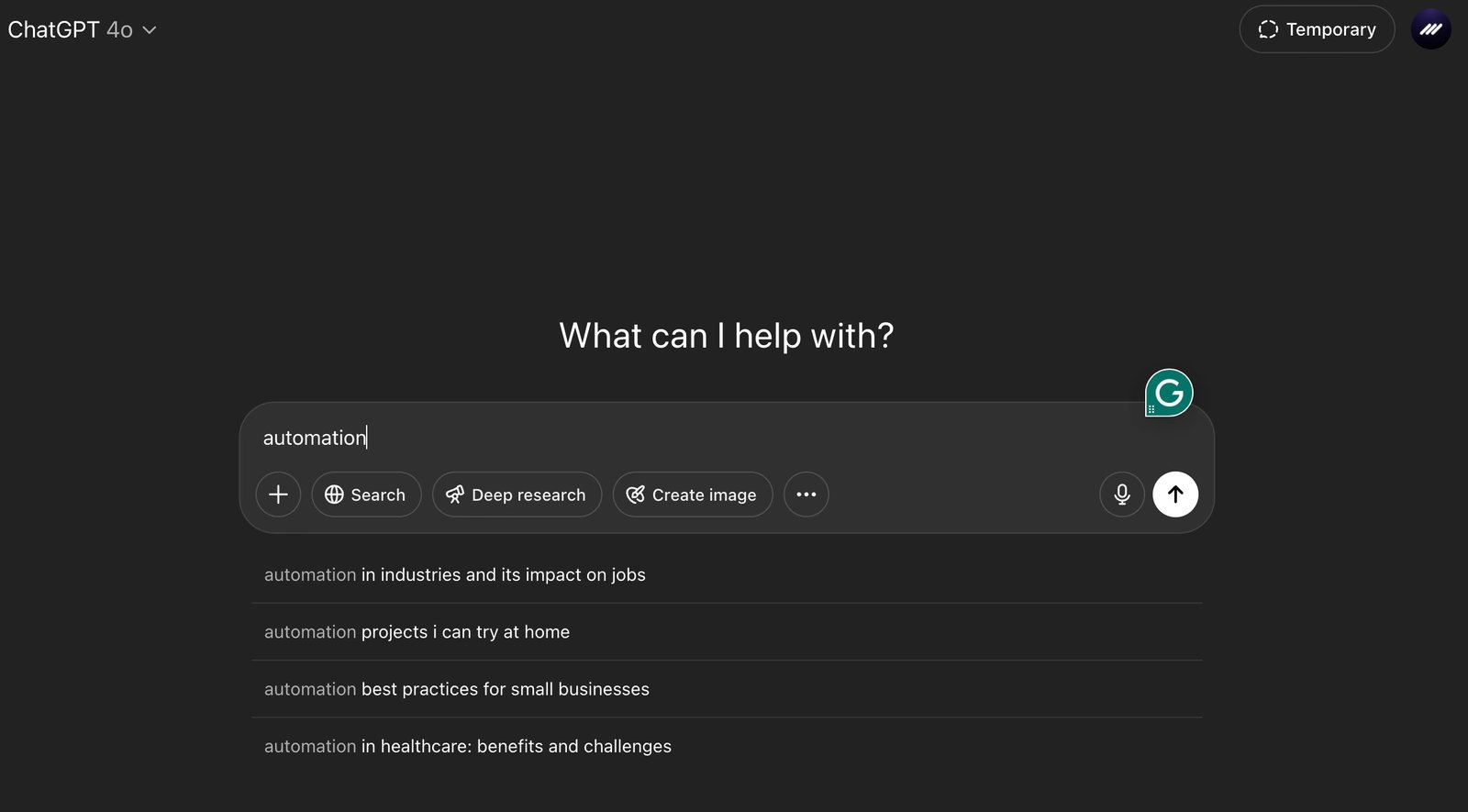
When a user types a question into ChatGPT, Gemini, Perplexity, or any other answer engine, the AI model is pulling from mountains of data: web pages, PDFs, knowledge graphs, APIs, and citations it deems trustworthy. These systems don’t just look at the words on your site; they analyze who you are, how often you’re referenced, and whether your content aligns with the user’s intent.
Here’s the breakdown of the key signals that influence AI recommendations and brand visibility today:
User Intent & Semantic Search Matching
AI thrives on context. It’s trained to understand what the user really wants, not just the literal keywords they type.
It looks for content that satisfies the searcher’s deeper need—whether that’s education, purchase intent, or quick facts. This is why semantic search and related concepts like topic clustering matter so much.
If your content aligns with user intent, AI is far more likely to surface it.
Authority, Expertise & Trustworthiness (E-A-T Principles)
AI models prioritize content that radiates authority and expertise. They’re trained on datasets filled with trustworthy sources, and they cross-check reputation via:
- Citations
- Author credentials
- Trusted domains
- Consistency across platforms
The more authoritative your content appears, the more likely LLMs are to recommend it.
Content Quality & Production Value
No surprise here: AI tools prefer content that’s well-structured, clear, accurate, and user-friendly. This goes beyond grammar.
It includes:
- Clean formatting
- Logical flow (H1 > H2 > H3 hierarchy)
- Accurate, up-to-date information
- Supporting media: images, videos, infographics
Great content = great recommendations.
Metadata, Schema Markup & NLP Signals
AI doesn’t just “read” your blog—it scans your code, too.
Structured data, schema markup, meta descriptions, and alt text help AI systems understand context and purpose.
Proper use of schema (Article, FAQ, Organization) makes it easier for answer engines to categorize your expertise and recommend you confidently.
User Engagement & Behavior Signals
While LLMs don’t have direct access to your site analytics, they infer reputation from public signals like:
- Social shares
- Backlinks
- Mentions
- Dwell time (via aggregate behavioral patterns)
- Reviews and testimonials
The more humans engage with your content, the more AI assumes it’s worth recommending.
Cross-Platform Consistency & Entity Recognition
Consistency matters. AI looks for brands that appear reliably across trusted directories, industry platforms, and reputable sites.
It connects the dots through entity recognition:
- Are you mentioned on authoritative sites?
- Do your social profiles match your website?
- Is your brand consistently associated with relevant topics?
Visibility breeds more visibility in the AI world.
Why This Matters to Your Brand
AI tools are becoming the new gatekeepers for content discovery and brand visibility.
If you’re not actively optimizing for how AI selects and recommends information, you’re likely invisible in this new ecosystem—no matter how good your content is.
Learning how to get your content & brand recommended by AI & LLMs is no longer optional; it’s foundational.
Step-By-Step Framework To Get Your Content & Brand Recommended By AI & LLMs
If you’re serious about learning how to get your content & brand recommended by AI & LLMs, it’s time to move beyond theory and into action. Below is the proven, systematic approach I use—and recommend—to ensure AI systems recognize, trust, and surface your brand consistently across answer engines like ChatGPT, Gemini, and Perplexity.
This isn’t about gaming the system. It’s about aligning with how AI works: through context, trust, consistency, and semantic relevance.
1 Optimize for Semantic Search, LSI, and NLP Alignment
Forget keyword stuffing. Semantic search is how modern AI understands content. That means focusing on clusters of related terms—Latent Semantic Indexing (LSI) keywords and Natural Language Processing (NLP) signals—that reinforce your authority on a topic.
When optimizing for how to get your content & brand recommended by AI & LLMs, here’s how I make semantic alignment natural and effective:
Where to Integrate LSI/NLP Keywords:
- Page titles, H1-H3 headings
- Meta descriptions, alt-text, and schema
- FAQ sections and bullet points
- Supporting media (image names, captions)
- Internal links with descriptive anchor text
Examples of LSI/NLP Terms to Include for This Topic:
| Core Term | Related LSI/NLP Signals |
| AI recommendations | ChatGPT SEO, entity recognition, semantic search, answer engine optimization, topic clustering, user intent, natural language processing |
Why it works:
AI models understand content not through isolated words, but through themes. LSI and NLP alignment strengthens your signals for AI content optimization and makes your expertise unmistakable.
2 Build Authoritative, Trust-Rich, Well-Sourced Content
Authority matters to both humans and AI. If you want your content and brand recommended by AI & LLMs, you need to demonstrate thought leadership, accuracy, and trustworthiness at every turn.
How I Establish Authority:
- Cite reputable studies and industry reports
- Include data-backed insights (think: Statista, Pew, McKinsey)
- Feature expert quotes and original perspectives
- Regularly update posts to reflect the latest insights
- Publish long-form, in-depth content (2,000+ words) that answers questions fully
Why it works:
AI favors brands and individuals with proven authority. If your content earns citations, shares, and backlinks, AI sees that as confirmation you’re worth recommending.
3 Leverage Metadata, Schema & Structured Data for AI Discovery
AI might speak in natural language, but it reads your metadata first. That includes everything from schema markup to alt text—elements that help AI categorize, understand, and recommend your content.
Key Metadata to Optimize:
- Article, FAQ, and Organization Schema
- Meta titles and descriptions (clear, keyword-rich, under 60 characters)
- Alt attributes for all images (descriptive, not spammy)
- Open Graph (OG) and Twitter Card tags for richer previews
Why it works:
Proper structured data helps answer engines recognize your content’s context faster and more accurately—making recommendations more likely.
4 Build Cross-Platform Reputation & Entity Recognition
Consistency is key. AI models check for your brand’s presence across trusted platforms to verify you’re legitimate. This goes beyond backlinks—it’s about building a recognizable entity online.
Reputation-Building Tactics:
- Secure listings on trusted directories (Crunchbase, Clutch, G2)
- Earn mentions on reputable blogs, news outlets, and podcasts
- Consistent NAP (Name, Address, Phone) data across all platforms
- Encourage third-party reviews and testimonials
Why it works:
AI relies on entity recognition to validate your authority. The more consistently your brand appears in credible spaces, the more likely AI is to surface you in recommendations.
5 Prioritize Engagement Metrics & Human Signals
Engagement Metrics AI Infers:
- Social shares and mentions
- Backlink profiles
- Comments and discussion frequency
- Inclusion in roundups, lists, and citations
Why it works:
The more your content sparks engagement, the more AI assumes it’s valuable, trustworthy, and recommendable.
6 Optimize Content for AI Prompts & Direct LLM Consumption
If you want your content to appear in AI-generated answers, structure it in a way that’s easy for LLMs to parse, summarize, and cite.
How I Optimize for AI Outputs:
- Clear, specific headlines (questions, how-to, lists)
- Bullet points, tables, and summaries for easy extraction
- Direct answers upfront (“The answer is…” format)
- Natural language tone: conversational but informative
- Include “Key Takeaways” sections for AI snippet generation
Why it works:
AI prefers content structured like the answers it’s asked to give. Anticipate prompts, and you make inclusion effortless.
7 Maintain Content Freshness & Authority Consistency
Outdated content gets ignored—by users and AI. Stay top-of-mind by keeping your material current and aligned with evolving AI datasets.
My Approach:
- Quarterly content audits for updates and accuracy
- Refresh outdated stats, broken links, and obsolete examples
- Monitor AI outputs to see how/if your content is cited and tweak accordingly
Why it works:
Fresh, accurate content feeds AI’s hunger for relevance—keeping you top-of-mind (and top-of-answer) when users ask.
Pro-Level Bonus Tactics for Faster AI Recognition
If you want to accelerate the process of how to get your content & brand recommended by AI & LLMs, these advanced strategies go beyond the basics. They help you position your brand as a recognized authority in both human and machine-readable ecosystems.
These aren’t gimmicks. These are the methods experts and top-tier brands use to show up in AI recommendations, answer engines, and knowledge graphs faster.
Create & Publish Original Research
Original data earns trust—and citations. AI tools like ChatGPT and Gemini favor referencing unique, verifiable insights that aren’t simply recycled across the web.
How to Leverage This:
- Conduct proprietary surveys or studies within your industry.
- Publish whitepapers or data reports with visual assets (graphs, infographics).
- Share findings in articles, LinkedIn posts, and PR releases.
Why it works:
Original research attracts backlinks, earns mentions, and quickly embeds your brand into AI training datasets through citations.
Use HARO, PR Outreach & Journalist Platforms
Getting mentioned in reputable publications speeds up recognition—both by people and AI. Platforms like HARO (Help a Reporter Out) and Qwoted connect experts with journalists seeking credible sources.
How to Leverage This:
- Respond to relevant media queries with authoritative insights.
- Position yourself as a subject-matter expert for interviews.
- Share media wins prominently on your site and socials.
Why it works:
High-authority media mentions feed entity recognition systems that AI models lean on for recommendations.
Establish Brand “Synonyms” for Entity Recognition
AI models sometimes connect brands to concepts through synonyms or associations, not just exact matches. Expanding your entity footprint can help.
How to Leverage This:
- Use slight variations of your brand/category in content (e.g., “SaaS platform,” “software solution,” “startup tool”).
- Create glossaries or pages explicitly connecting your brand to industry terms.
- Contribute to AI training forums or datasets (where possible) under these varied identifiers.
Why it works:
This reinforces your semantic network within AI models, increasing chances of recommendation across diverse queries.
Engage in Strategic Community Q&A
AI models frequently scrape or analyze platforms like Reddit, Quora, and Stack Exchange for authoritative content and trusted voices. Being active there builds your footprint.
How to Leverage This:
- Answer industry-relevant questions with detailed, thoughtful responses.
- Link to your content when appropriate—but prioritize adding genuine value.
- Establish profiles that reinforce your authority credentials.
Why it works:
Community engagement feeds AI’s perception of you as an expert, while increasing backlinks and visibility for your brand.
Real Example: How These Tactics Compound
A B2B SaaS startup used a combination of HARO mentions, original research on user behavior trends, and active Reddit engagement to establish itself as a trusted entity. Within 9 months, AI tools like Perplexity and ChatGPT began surfacing its blog content in responses to industry-specific queries—even though the brand had no prior search dominance.
The secret? Consistency, authority-building, and visibility across human and machine ecosystems.
These bonus strategies are how you get your content & brand recommended by AI & LLMs faster and more reliably—positioning yourself ahead of competitors still focused solely on outdated SEO hacks.
5 Real-World Examples: Brands Already Winning AI & LLM Recommendations
It’s one thing to know how to get your content & brand recommended by AI & LLMs — it’s another to see it in action. Let’s break down how some brands and individuals are already capitalizing on this shift. These aren’t hypotheticals; these are live, working strategies that AI answer engines recognize, trust, and recommend consistently.
1: SparkToro – The Pioneer in Answer Engine Optimization (AEO)
What They Did:
SparkToro, founded by Rand Fishkin (ex-Moz), didn’t just chase Google rankings — they optimized for visibility across AI answer engines, knowledge graphs, and LLM datasets.
They publish highly detailed, data-backed reports (original research), engage heavily in expert interviews and podcasts, and ensure their content is referenced across SEO, marketing, and AI-focused communities.
Results:
SparkToro’s blogs and insights frequently appear in AI answers related to audience research, AI marketing, and digital PR.
Their site structure, schema, and authority positioning make them a natural choice for LLM recommendations.
Lesson:
Original insights + industry engagement + entity recognition = AI visibility.
2: HubSpot – Structured Authority & Content Depth
What They Did:
HubSpot has mastered the art of semantic content depth. Every major topic they cover — from marketing automation to CRM best practices — is supported by pillar pages, subtopics, FAQs, and schema-optimized resources. They’re also cited regularly by other authoritative sources.
Results:
HubSpot is frequently recommended by AI tools (ChatGPT, Gemini) when users ask for marketing frameworks, CRM tools, or sales enablement strategies.
Lesson:
Topic clusters, schema, and depth make it easy for AI to recommend you confidently.
3: Neil Patel – Personal Brand as a Data Source
What He Did:
Neil Patel optimized not just his website but his personal brand footprint. Through podcast appearances, YouTube content, guest blogs, and collaborations, Neil’s name is attached to authoritative marketing advice everywhere. His content consistently answers AI prompts around SEO, digital marketing, and growth hacking.
Results:
AI models regularly surface his blogs and tools (Ubersuggest) when users seek actionable marketing advice.
Lesson:
Your name can become an entity. Build personal or brand recognition across platforms for stronger AI recommendations.
4: Notion – Optimizing for User Intent & Community Validation
What They Did:
Notion’s documentation, templates, and help center are optimized for semantic clarity and user intent. Their templates solve highly specific use cases, which AI models easily match to user questions. Additionally, Notion has strong engagement across communities like Reddit, Twitter, and YouTube.
Results:
When users ask AI tools for productivity tools, templates, or project management solutions, Notion surfaces as a go-to brand.
Lesson:
Optimize for how users phrase problems, not just keywords.
5: Ahrefs – Leveraging Authority, Backlinks & Thought Leadership
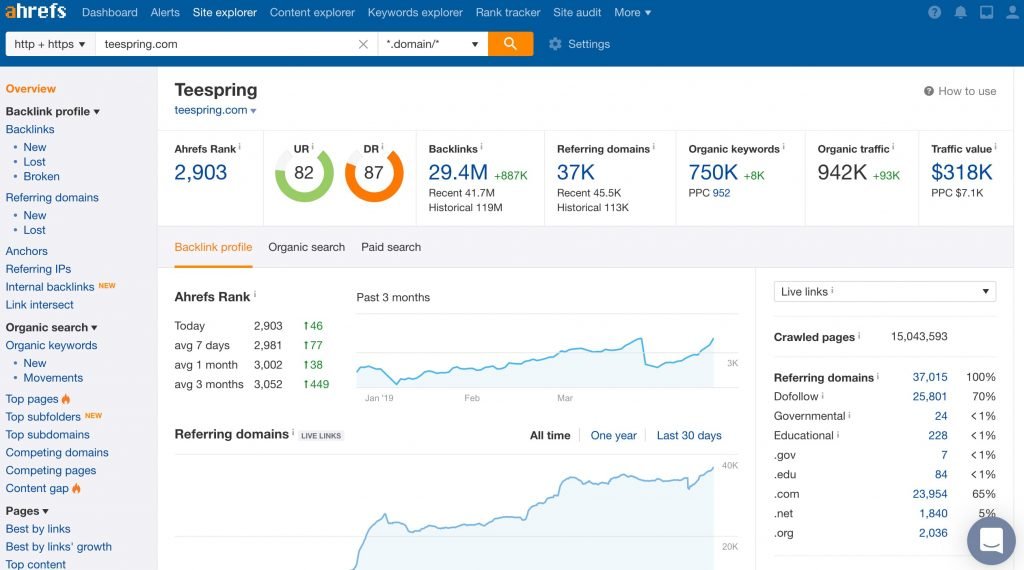
What They Did:
Ahrefs invests heavily in thought leadership, SEO research, and backlink acquisition. Their studies are widely cited, their tools referenced by marketing professionals, and their guides dominate search — making them a rich data source for LLMs.
Results:
Ahrefs content is consistently recommended by AI for topics around SEO tools, keyword research, and backlink strategies.
Lesson:
Backlinks, citations, and research-based content strengthen your AI discoverability.
What These Examples Have in Common:
| Common Traits | Why They Work for AI Recommendations |
| Original, expert content | AI trusts unique, data-backed insights |
| Strong entity recognition | AI connects brands to topics semantically |
| Thought leadership | Frequent citations across platforms |
| Community engagement | Visible trust signals to AI models |
| Semantic structure | Easy for AI to parse, extract, recommend |
These brands aren’t just optimizing for search—they’re optimizing for how AI thinks. That’s why they get surfaced, cited, and recommended repeatedly by LLMs.
Summary & Action Plan: How To Get Your Content & Brand Recommended By AI & LLMs
By now, you should see the pattern clearly: AI recommendations aren’t luck — they’re the result of intentional, strategic actions that align with how LLMs understand, assess, and select content. If you want to win this game, you have to play by the rules AI recognizes.
Let’s wrap this up with a concise roadmap you can follow to consistently position your brand for AI visibility.
Quick Recap: Why This Matters
-
- 63% of users now trust AI tools like ChatGPT or Gemini for recommendations over traditional search engines. (Spekit, 2024)
- AI is shifting discovery from search engines (SEO) to answer engines (AEO) — structured for context, relevance, and trust.
- Brands that optimize for AI get more traffic, authority, citations, and long-term brand equity.
Your Action Plan for AI & LLM Recommendations
Optimize for Semantic Search (LSI & NLP Keywords)
- Build content clusters that target primary, LSI, and NLP-related terms.
- Use these across headings, metadata, schema, FAQs, and alt-text naturally.
Establish Authoritative, Well-Sourced Content
- Create long-form, research-backed articles with expert citations.
- Update regularly to ensure accuracy and relevance.
Leverage Structured Data (Schema, Metadata)
- Implement Article, FAQ, Organization schema.
- Optimize metadata for clarity, keywords, and CTR.
Build Cross-Platform Entity Recognition
- Secure mentions across directories, blogs, podcasts, and trusted media.
- Maintain consistent NAP and social profiles.
Prioritize Human Engagement Signals
- Encourage shares, backlinks, and citations through valuable content.
- Engage in communities like Reddit, Quora, and relevant forums.
Structure Content for AI Prompting & Extraction
- Use bullet points, summaries, and clear Q&A structures.
- Write naturally, answer directly, and simplify complex ideas.
Maintain Freshness & Relevance
- Audit and refresh content quarterly.
- Monitor AI tools to see how your content is being used and adapt accordingly.
Pro-Level Accelerators
- Publish original research and data reports.
- Pursue HARO, PR outreach, and media interviews.
- Expand your brand’s semantic footprint with entity synonyms.
- Be visible and authoritative in community-driven spaces.
Final Thought: This Isn’t Traditional SEO — This Is Future-Proof Authority Building
If you’re still optimizing solely for Google’s algorithm, you’re already behind. The future belongs to those who understand how AI finds, prioritizes, and recommends information. This is Answer Engine Optimization (AEO) — and it’s reshaping how brands earn visibility, trust, and influence.
The brands you see dominating AI recommendations today didn’t get there by accident. They built authority, structured content for clarity, and positioned themselves where AI looks for reliable answers.
So should you.
What To Do Next:
- Audit your current content against this framework.
- Identify gaps (semantic signals, schema, authority building).
- Start optimizing with AI discovery in mind.
- Monitor results — adapt as AI evolves.
Frequently Asked Questions on How To Get Your Content & Brand Recommended By AI & LLMs
Here’s a quick FAQ to clarify common questions people ask when trying to figure out how to get your content & brand recommended by AI & LLMs.
How do AI and LLMs decide what content to recommend?
AI systems like ChatGPT, Gemini, and Perplexity recommend content based on relevance, authority, semantic signals, structured data, and user engagement. They prioritize content that aligns with user intent, comes from trusted sources, and is well-organized for easy parsing.
Is optimizing for AI recommendations the same as SEO?
Not exactly. Traditional SEO focuses on search engines like Google. Optimizing for AI is more about Answer Engine Optimization (AEO), semantic search, entity recognition, and content clarity — helping AI understand, trust, and reference your content in direct answers.
How important are LSI and NLP keywords for AI recommendations?
Very important. LSI and NLP keywords help AI systems understand the full context of your content. This makes it easier for LLMs to match your pages with user queries and recommend your brand as an authority.
Can AI recommend my content if I’m a small brand or new business?
Yes, but you’ll need to focus heavily on authority-building signals:
- Original research
- Thought leadership content
- Mentions on trusted sites
- Community engagement (Reddit, Quora, etc.)
AI favors quality and authority over size alone.
How often should I update my content to stay relevant for AI?
Aim for quarterly updates at minimum. Refresh outdated statistics, fix broken links, update examples, and monitor AI tools to ensure your content remains accurate and aligned with evolving user intent.
What’s the fastest way to improve my chances of AI recommendations?
- Publish high-authority, well-sourced content.
- Optimize your metadata and structured data.
- Get mentioned by reputable platforms through PR, HARO, and collaborations.
- Build strong semantic clusters around key topics.
